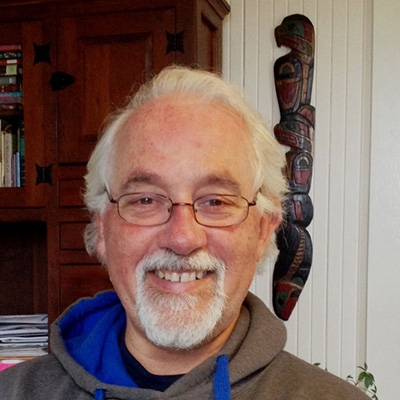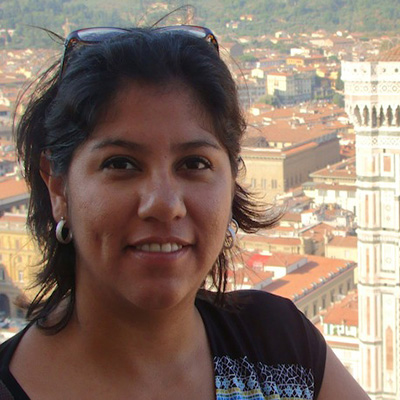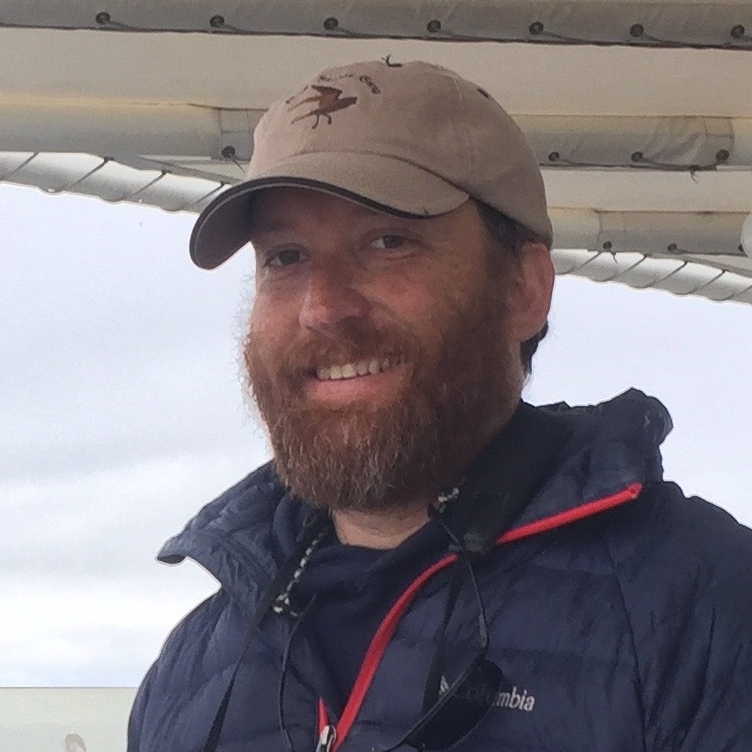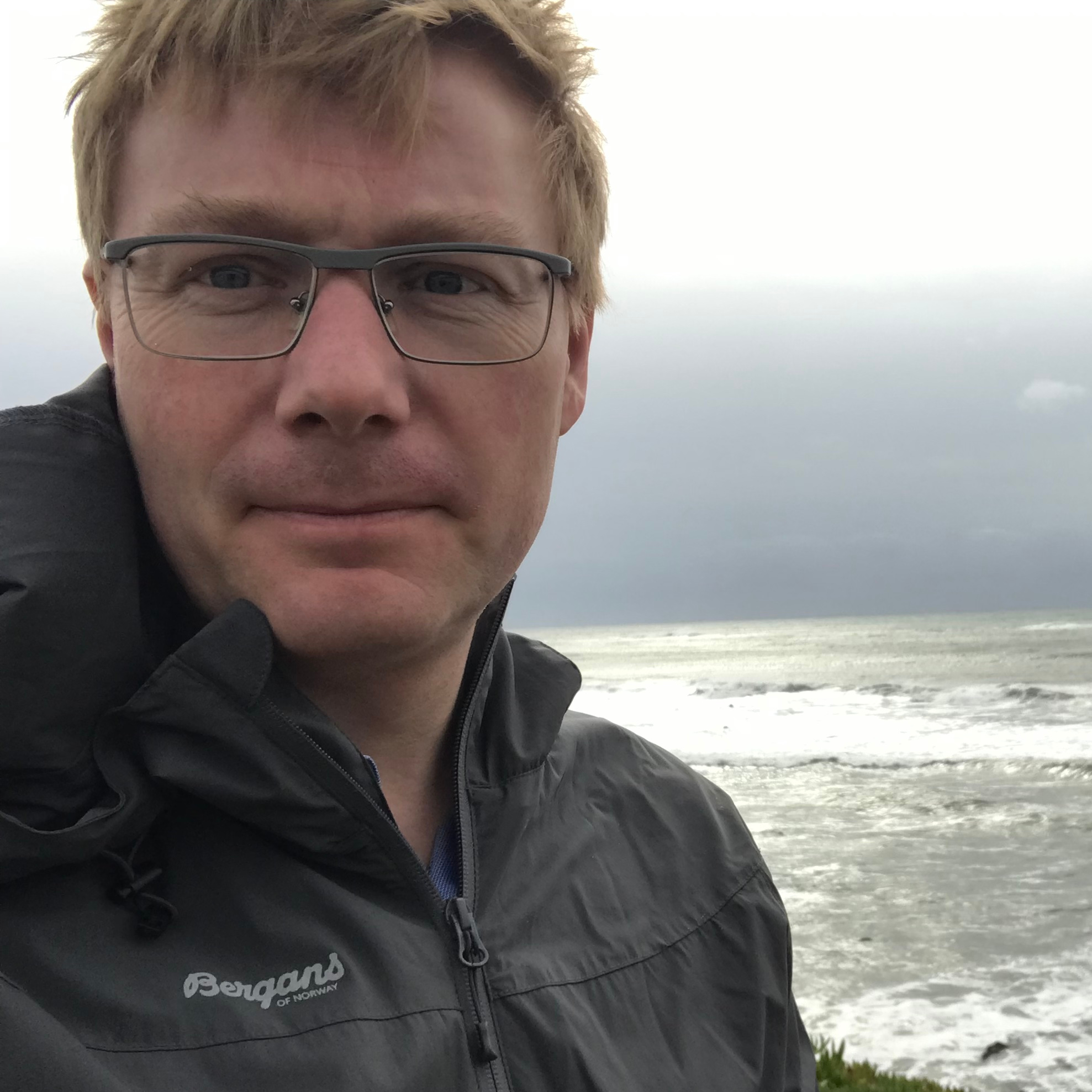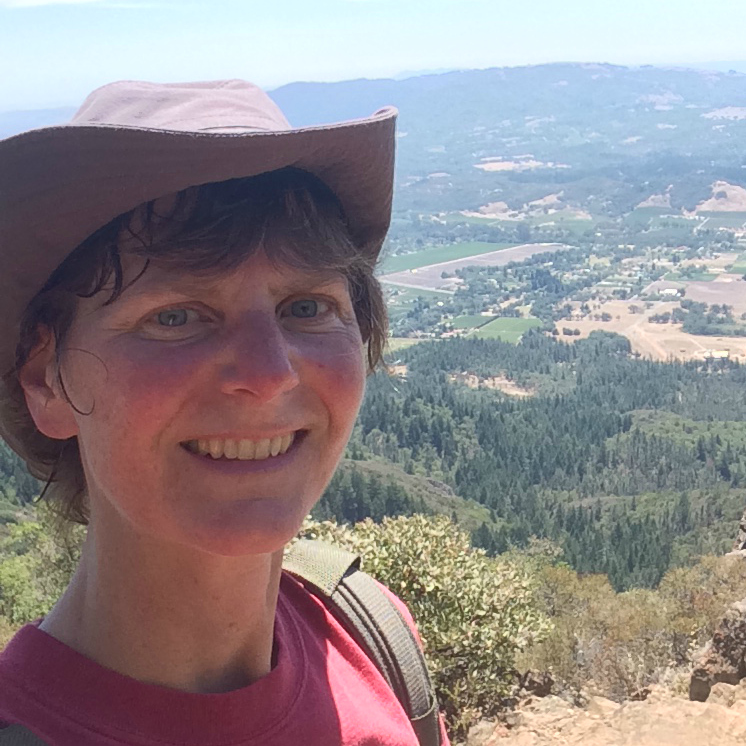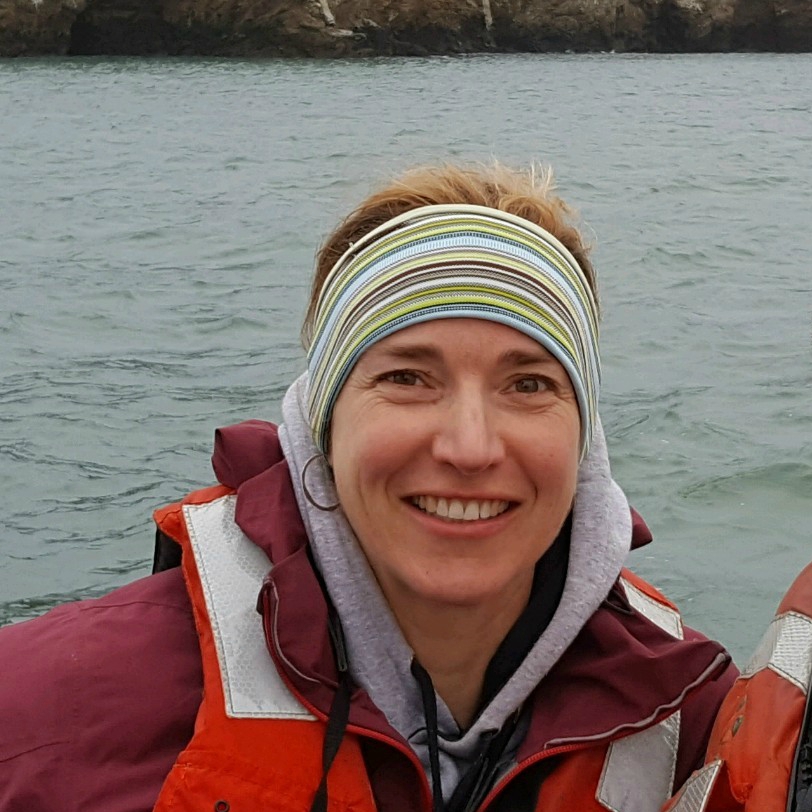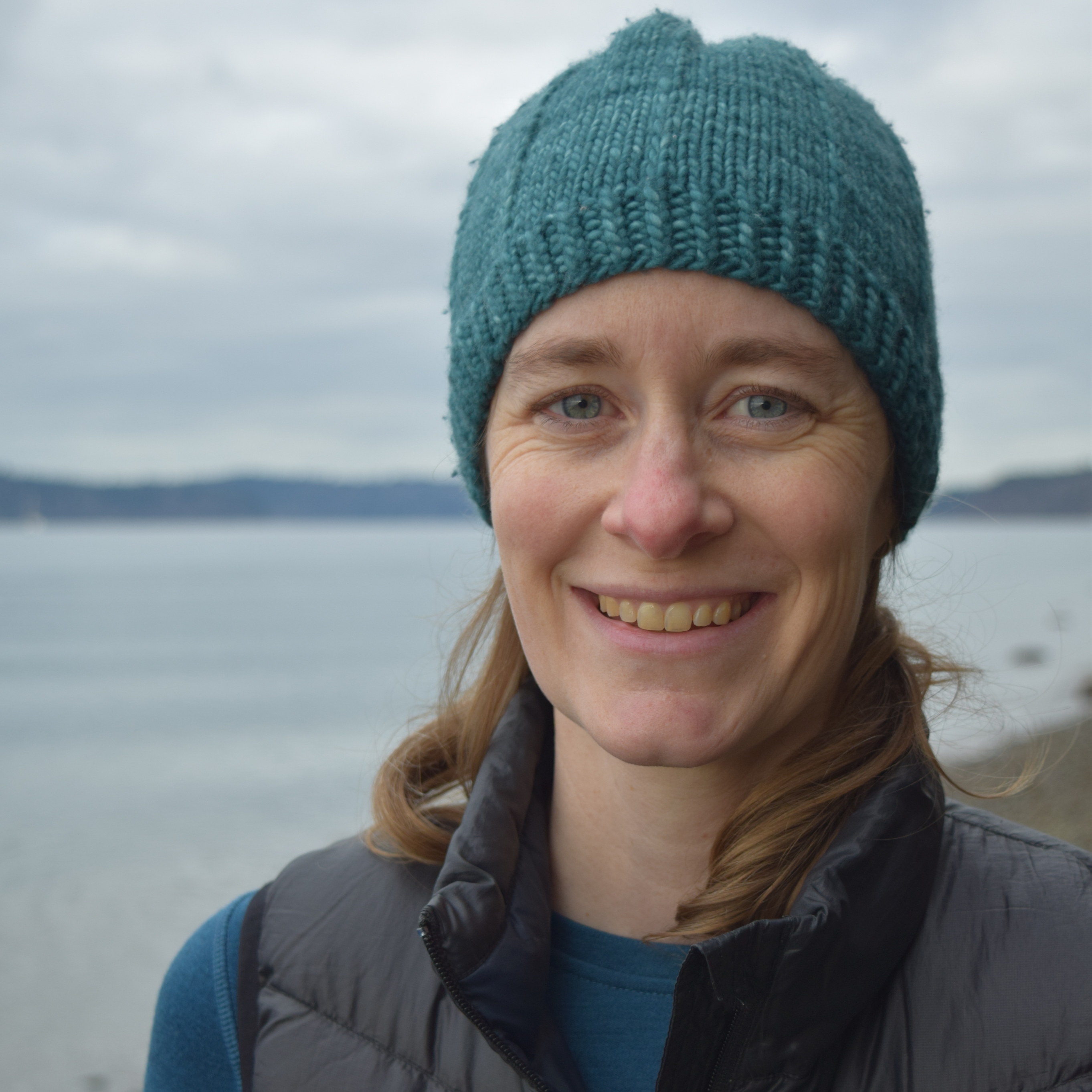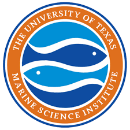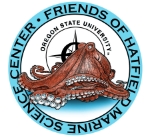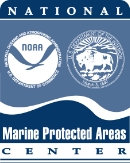Lauren Ashlock, Ph.D. Candidate
Lauren is a Ph.D. graduate student at the University of Vermont, who joined FI in summer 2019 for an internship.
Sonia D. Batten, Ph.D.
Sonia is the coordinator of the North Pacific Continuous Plankton Recorder (CPR) Survey for the Sir Alister Hardy Foundation for Ocean Science (SAHFOS).
Bryan Black, Ph.D.
Bryan is an Assistant Professor at Austin Marine Science Institute (University of Texas) in Port Aransas, TX. Bryan is expert in using growth chronologies of trees, bivalves, and rockfish in climate variability studies.
Steven Bograd, Ph.D.
Steven is an oceanographer in the Environmental Research Division of NOAA’s Southwest Fisheries Science Center. His diverse research interests include climate variability in eastern boundary current systems.
Peter Davison, Ph.D.
Pete is a biological oceanographer and acoustician working at Scripps Institution of Oceanography as a National Research Council Research Assistant. Pete studies marine fish ecology in the California Current System, with a focus on mesopelagic fishes.
Simon Dedman, Ph.D.
Simon is a spatial ecologist and machine learning statistician working at Stanford’s Hopkins Marine Station. Having worked with us modelling the population dynamics of anchovy, Simon is currently researching how behavioural changes in Atlantic bluefin tuna relate to environmental correlates.
Jason Hassrick, Ph.D.
Jason, a former FI researcher, is an aquatic ecologist with ICF International in San Rafael, CA.
Brian Hoover, Ph.D.
Following the completion of his FI post-doc research, Brian is now a Grand Challenges Initiative Fellow at Chapman University. In this position, he splits teaching and mentorship responsibilities with his continuing research on animal behavior and marine ecosystem function
Grant Humphries, Ph.D.
Grant, a seabird ecologist and former FI post-doctoral researcher, is currently a post-doctoral associate at Stony Brook University. His current work is on website development for data and model access.
Emily Klein, Ph.D.
Emily works at the Boston University Pardee Center on projects about where and when complex and chaotic dynamics occur in human-natural systems over space and time, their dynamics within and across those systems, and implications for theory and policy.
Caitlin Kroeger, Ph.D.
Mike Litzow, Ph.D.
Mike spent several years as an FI researcher abroad, but now has more permanently set anchor in Kodiak with a position at the University of Alaska. He specializes in links between climate change and ecosystem status, with a focus on commercially important groundfish and crustacean populations.



